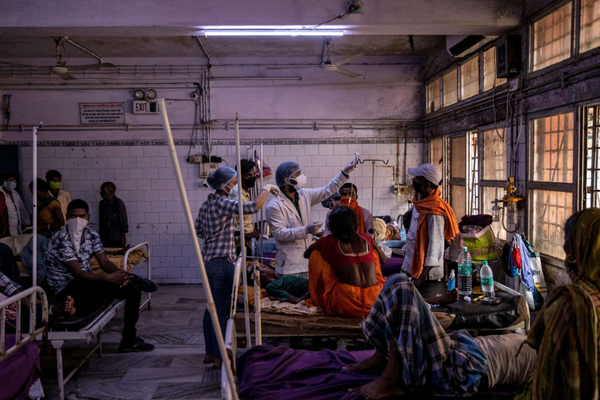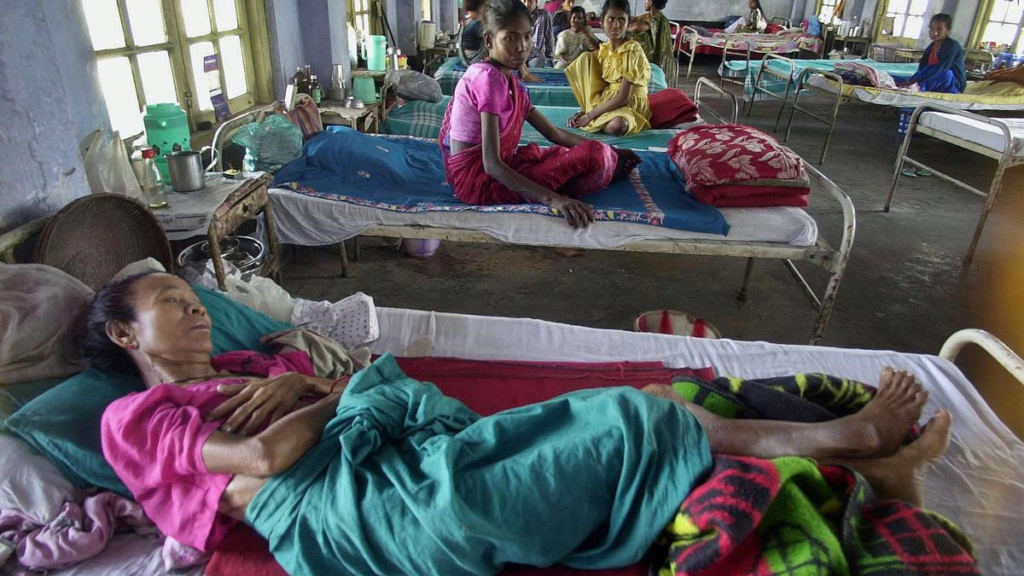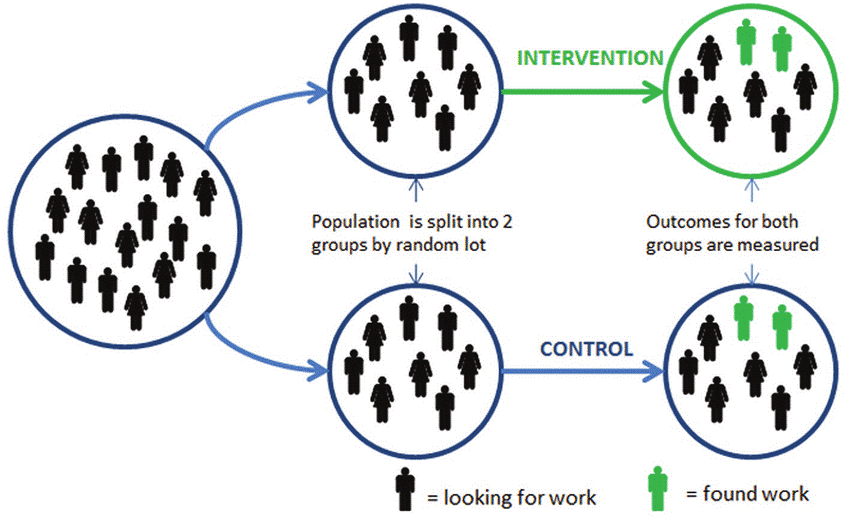Randomised Controlled Trials technique has transformed Tuberculosis (TB) treatment.
What are Randomised Controlled Trials?
- Randomised Controlled Trials (RCTs) divide a population into smaller groups to compare the effects of an external stimulus.
- For instance, to evaluate a free grains distribution scheme’s impact on nutrition levels, researchers would split the population into two groups at random.
- The control group does not receive the stimulus (grains), while the treatment group does.
- After a specific period, researchers collect and compare data on both groups to assess the stimulus’s overall impact.
Criticisms of Randomized Controlled Trials
- Economist Angus Deaton, a Nobel Prize winner, criticizes RCTs for their fundamental approach in his work, “Understanding and Misunderstanding Randomised Control Trials”.
- Deaton argues that randomly chosen samples in an RCT might not be identical in various characteristics, which can affect the trial’s validity.
- There is a higher likelihood of samples differing significantly, despite random selection.
- Critics point out that RCTs are more effective in physical sciences than in social sciences.
- In fields like development economics, it is argued that RCTs may not be suitable because it’s often impossible to control multiple influencing factors in social settings.
Ref:Source
| UPSC IAS Preparation Resources | |
| Current Affairs Analysis | Topperspedia |
| GS Shots | Simply Explained |
| Daily Flash Cards | Daily Quiz |




